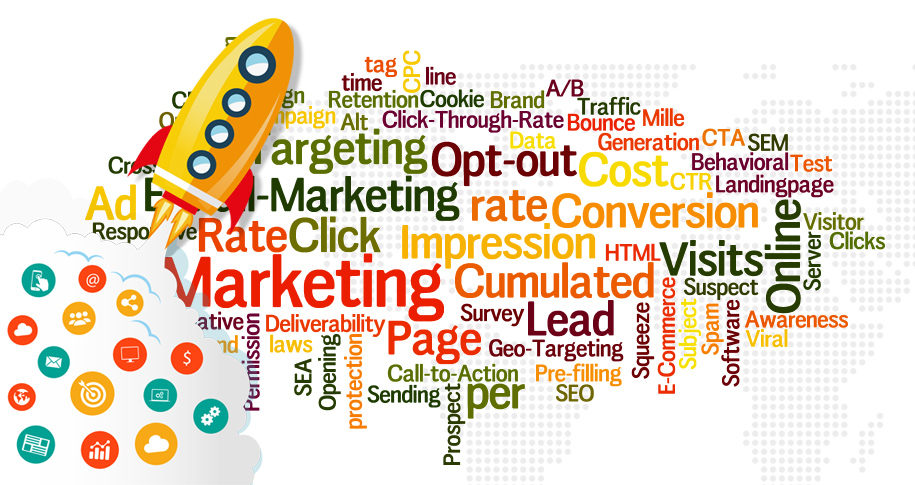What Is Email Marketing?
Email marketing is a digital marketing strategy where businesses use email to communicate directly with their audience. It’s one of the most effective ways to nurture leads, build relationships, and drive sales. Whether it’s a welcome email, promotional offer, or newsletter, and helps brands stay connected with their customers.
Why Is Email Marketing Important?
- Direct Communication: Unlike social media, email goes straight to your audience’s inbox.
- Cost-Effective: It delivers a high return on investment (ROI) with minimal expense.
- Highly Targeted: Allows for personalized messaging based on user behavior and preferences.
- Measurable Results: Track open rates, click-throughs, and conversions to optimize performance.
- Strengthens Relationships: Keeps your brand top-of-mind through regular communication.
Types of Email Marketing Campaigns
- Welcome Emails: Greet new subscribers and set the tone for future interactions.
- Promotional Emails: Announce sales, discounts, or special offers to encourage purchases.
- Newsletters: Share updates, news, or valuable content to keep your audience engaged.
- Transactional Emails: Confirm orders, send receipts, or update shipping information.
- Re-Engagement Emails: Reach out to inactive subscribers to reignite their interest.
- Event Invitations: Promote webinars, workshops, or other events to boost participation.
Best Practices for Email Marketing
- Segment Your Audience: Divide your list into groups based on behavior, demographics, or interests.
- Personalize Content: Use recipient names and tailor the message to their needs.
- Craft Compelling Subject Lines: Catch attention and increase open rates.
- Optimize for Mobile: Ensure your emails look great on all devices.
- Include Clear CTAs: Guide readers to take the next step, like visiting your website or making a purchase.
- Test and Analyze: Use A/B testing to refine subject lines, content, and layouts.
Tools for Email Marketing
- Mailchimp: For creating and automating email campaigns.
- Constant Contact: Ideal for small businesses.
- HubSpot: Combines email with CRM for advanced personalization.
- Klaviyo: Tailored for e-commerce brands.
- Campaign Monitor: Offers beautiful templates and robust analytics.
Challenges Faced
- Avoiding Spam Filters: Poorly written emails can end up in the spam folder.
- List Management: Keeping your email list clean and up-to-date is critical.
- Engagement Rates: Capturing attention in a crowded inbox can be tough.
- Compliance: Adhere to regulations like GDPR and CAN-SPAM to avoid penalties.
Successful Email Campaignes Examples
- Amazon: Sends personalized recommendations based on purchase history.
- BuzzFeed: Engages audiences with fun and relatable newsletters.
- Airbnb: Uses beautifully designed emails to inspire travel and showcase listings.
Why Email Marketing Works
Marketing with email builds trust and delivers value directly to your audience. It’s a consistent and reliable way to nurture relationships, boost engagement, and drive revenue.
Conclusion
Email marketing remains a cornerstone of digital strategy. By combining personalization, automation, and data-driven insights, businesses can connect with their audience, foster loyalty, and achieve their goals effectively.
Explore More Terms
1. Programmatic Advertising2. Qualified Lead
3. Query Optimization
4. Remarketing
5. Retargeting
